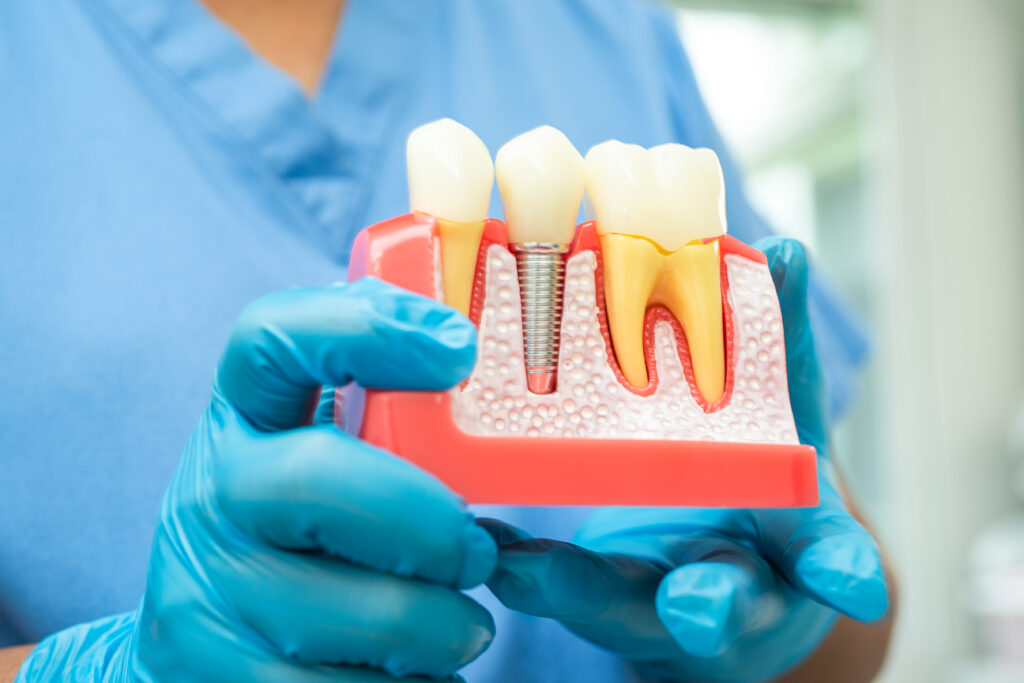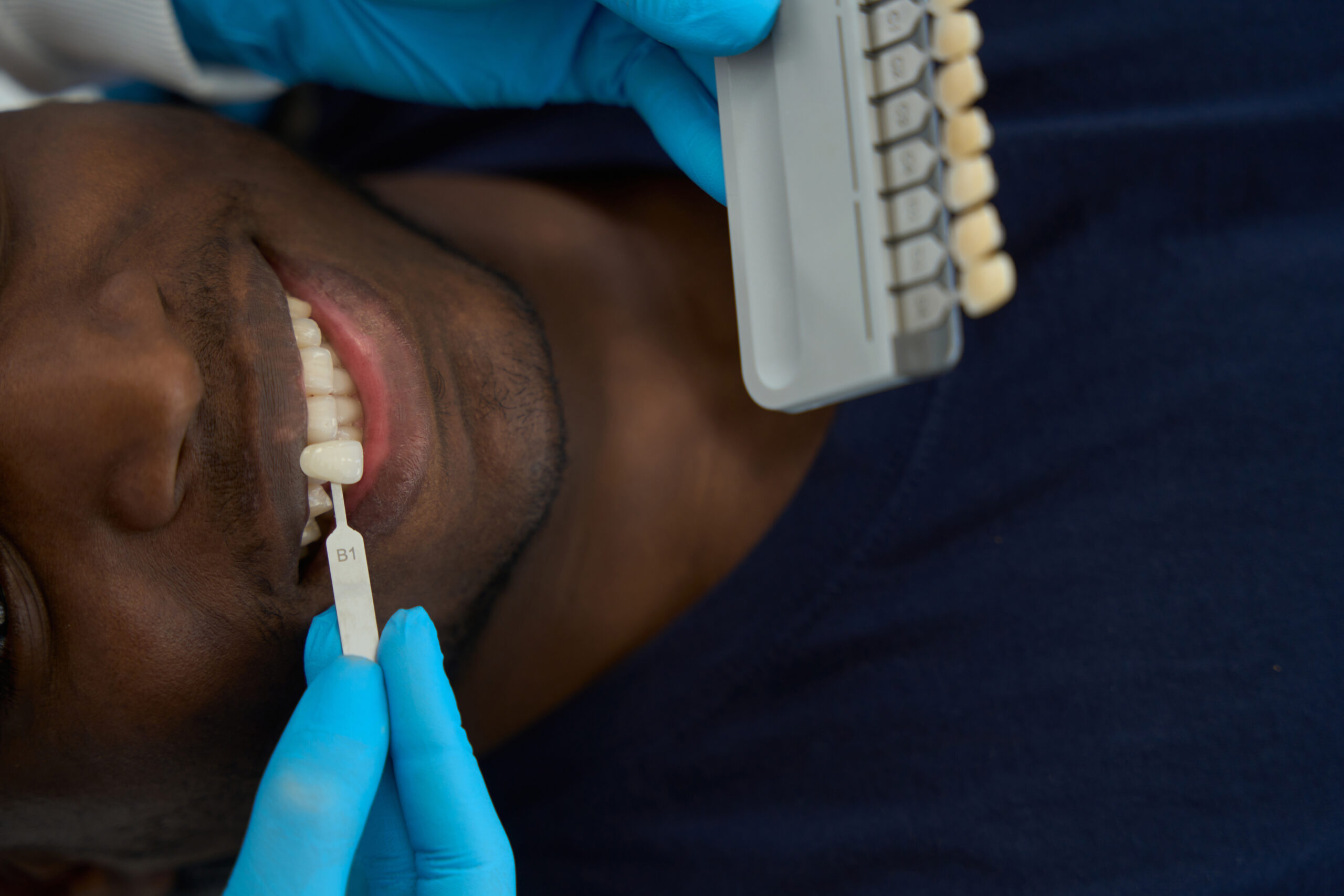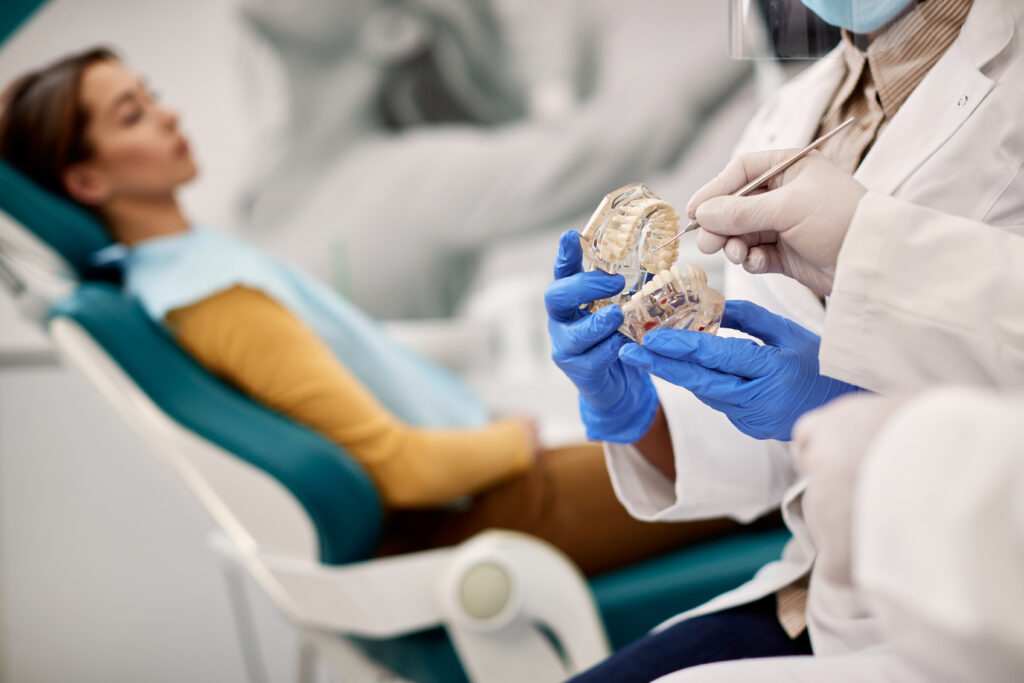
Wisdom tooth extraction is a highly common procedure that most people in the country go through at a period in their life. Although it is not always necessary, wisdom teeth can cause a host of problems. They could become impacted and unable to break through your jaw into your mouth, cause damage to the teeth next to them or be growing at an angle into them, or be growing into a mouth too small for them. They can cause cavities, gum issues, and even jaw damage.
After the extraction, you will likely experience pain, swelling, and bleeding. The recovery time begins after the anesthesia from the surgery has worn off and it can take up to two weeks for a completely full recovery. The most important thing afterwards is to take care of your mouth and help it to heal by following the directions of your dentist and looking after the wound properly.
It is not uncommon for people to need stitches to help close the wound, and in that case the dentist will usually remove them after one week. In the first twenty-four hours blood clots will form, and in the next two to three days the facial swelling will begin to go down. Some dentists recommend not even brushing your teeth in the first twenty-four hours, and not flossing for a period of time as well.
In order to protect the blood clots it is important to not eat any solid food and to avoid any soda, alcohol, hot beverages and the use of straws or cigarettes, especially within the first day. It is also useful to rinse the mouth every twenty-four hours with an antiseptic rinse.
So as not to damage the wound, the only foods that should be consumed in the first few days after the surgery should be soft and not sticky, hard, spicy, or crunchy as this can cause pain to the area. Recommended foods include soup, jello, and noodles.
Make sure to take care of yourself by cleaning out the wound with the antiseptic rinse to prevent infection, and to rinse with water and salt to help with the swelling. Putting an ice pack on the sides of the face can also feel soothing and assist with the swelling as well, and the dentist may recommend an over-the-counter prescription for the pain.
At the end of a week the dentist will be able to remove the stitches and in the next several days and jaw soreness should begin to decline. The patient can typically feel fully recovered at the end of two weeks, barring any infections or additional issues to the area. If you notice any additional issues such as pus discharge, intense pain or swelling, lots of bleeding, or a fever, make sure to let your dentist know immediately. But as long as you follow the advice your dentist provides before your surgery, the healing should have minimal issues and you will be back on your feet before you know it.







